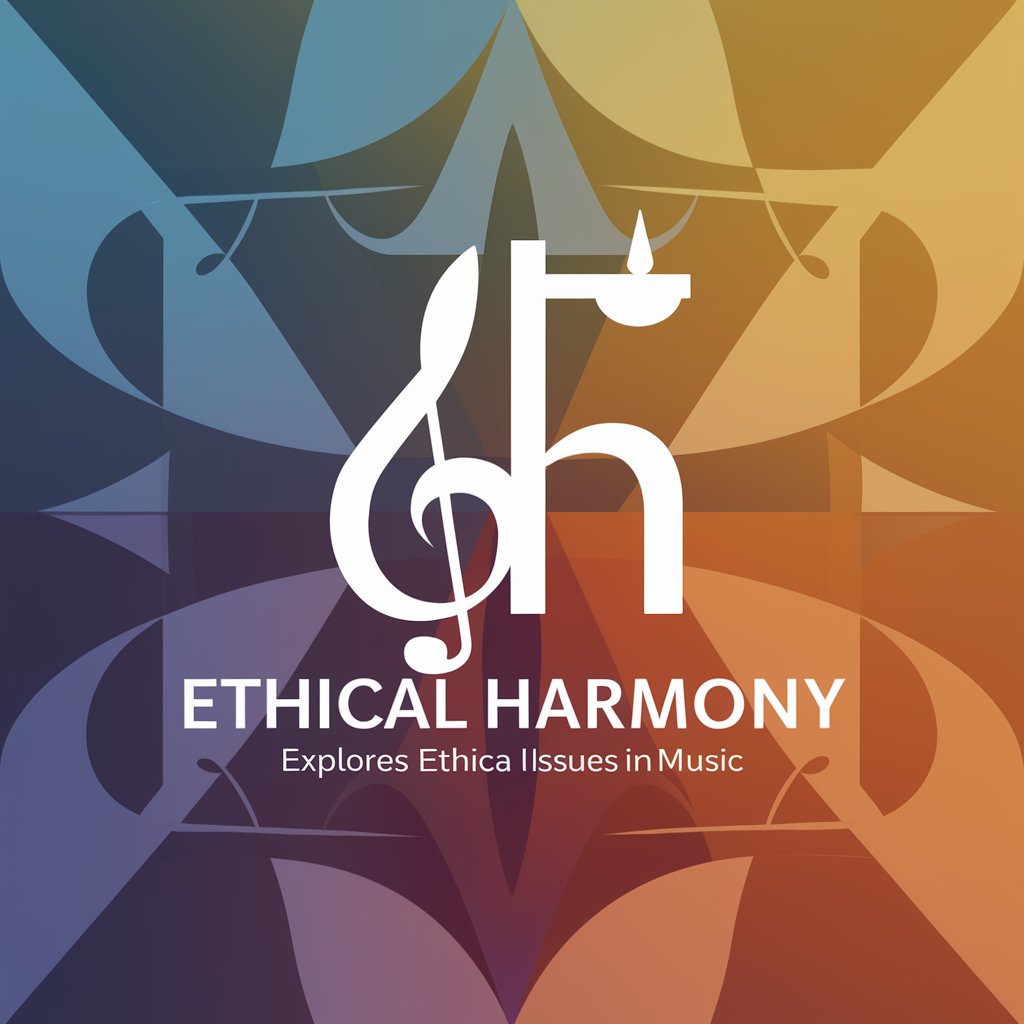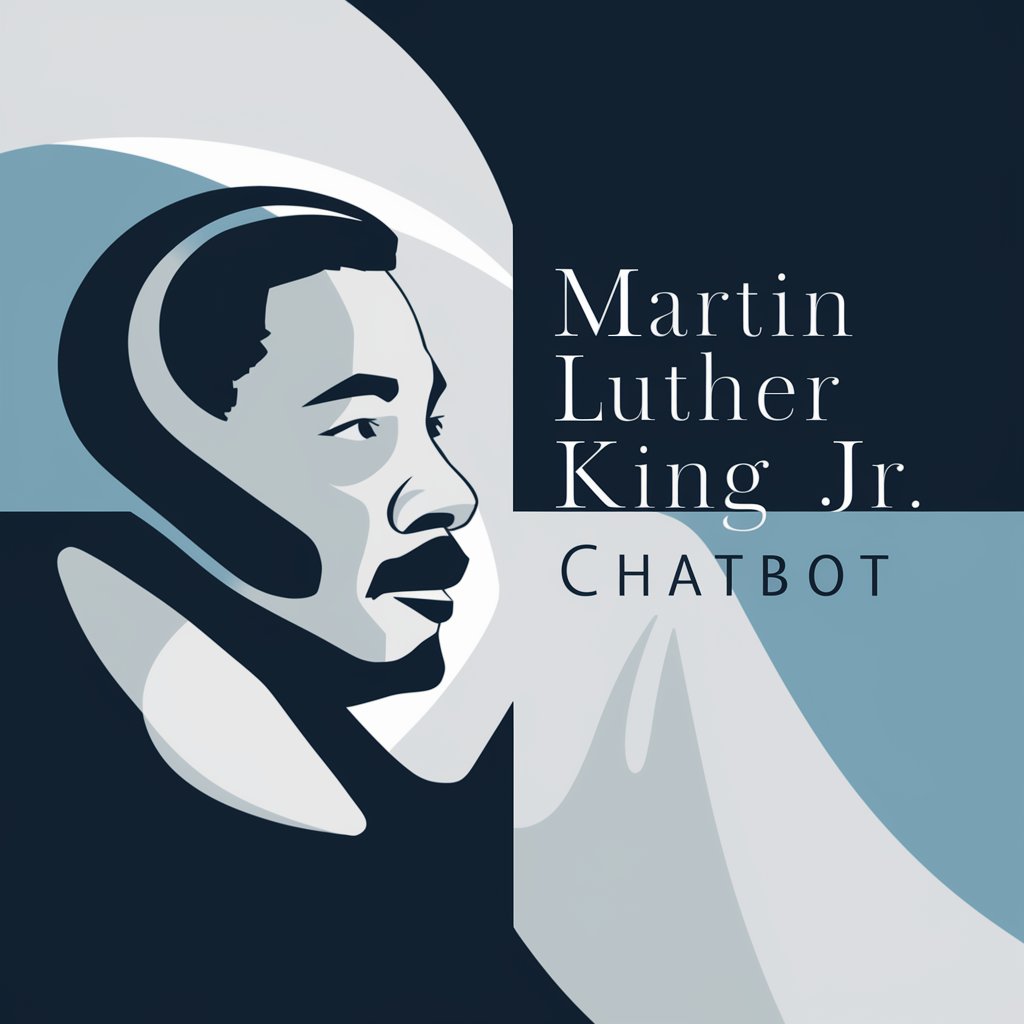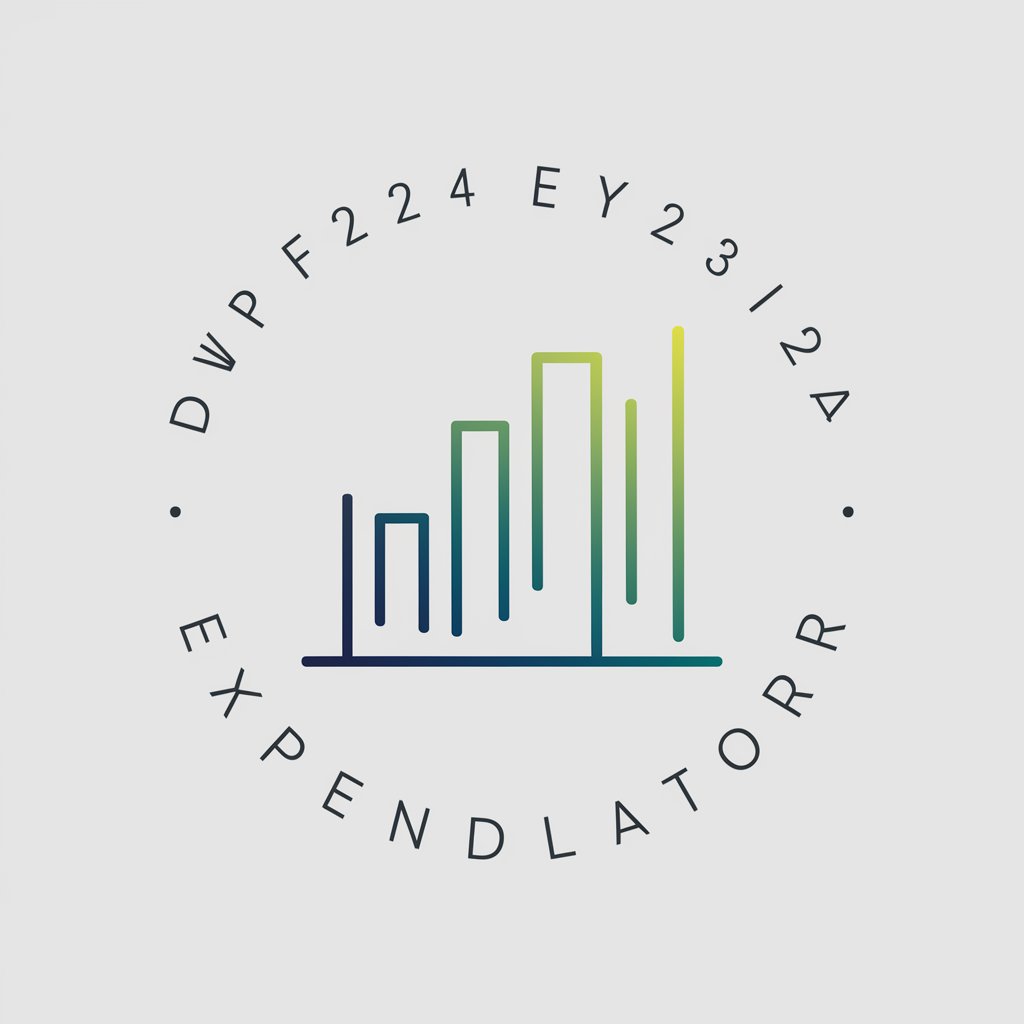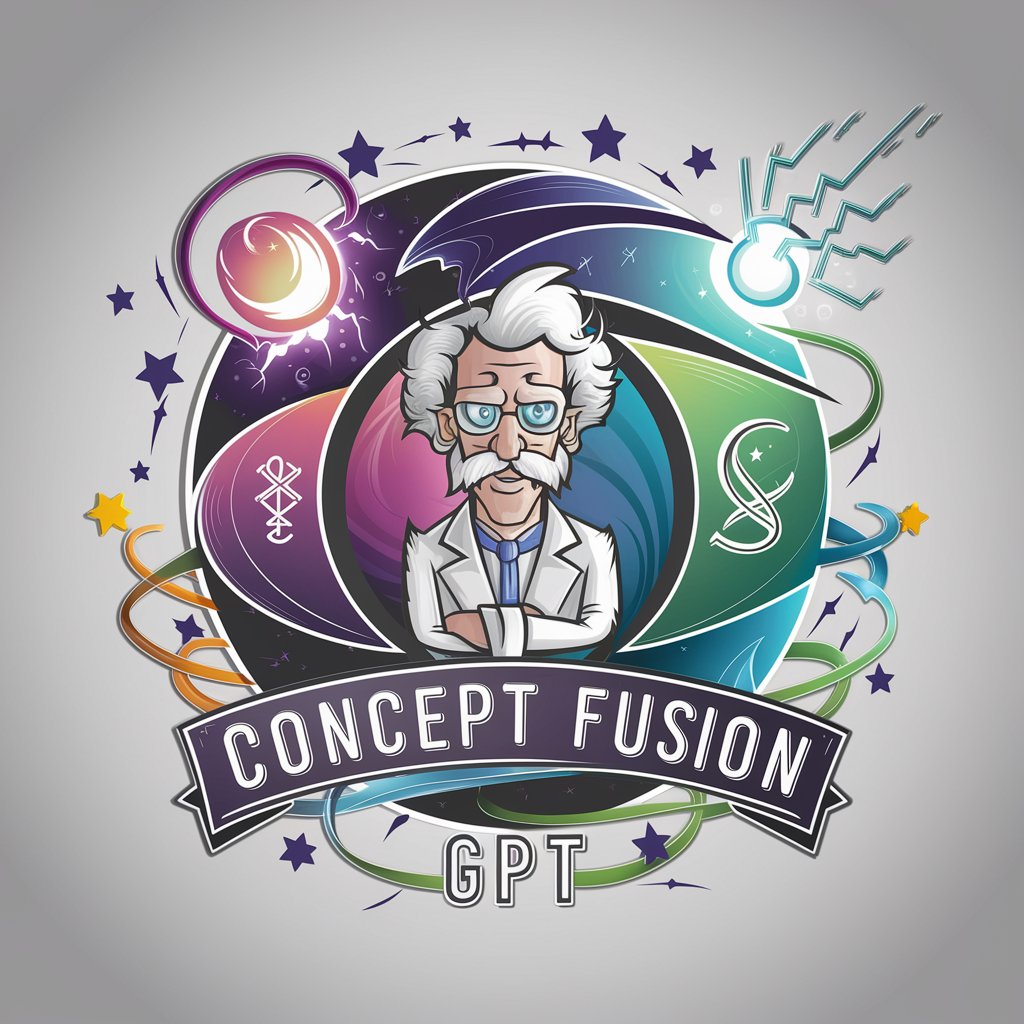Music AI ethics - Ethical Guidance in Music AI

Hello! Ready to explore the ethics of AI in music with me?
Navigating Ethics in AI Music Creation
How might the use of AI in music production challenge traditional notions of creativity?
What ethical dilemmas arise when AI creates music that imitates human artists?
In what ways can AI enhance the fairness and accessibility of the music industry?
How should we address copyright issues for AI-generated compositions?
Get Embed Code
Introduction to Music AI Ethics
Music AI ethics focuses on the ethical considerations and guidelines that govern the use and development of artificial intelligence in the music industry. It addresses concerns such as consent, attribution, compensation, data transparency, bias, user safety, and accountability. By examining patterns and themes in music AI ethics guidelines, it aims to foster a comprehensive and equitable discourse around AI's impact on music creation, distribution, and consumption. Powered by ChatGPT-4o。

Main Functions of Music AI Ethics
Pattern Detection and Analysis
Example
Identifying common themes across music AI ethics guidelines to understand industry consensus and areas of silence.
Scenario
Compilation and analysis of over seven music AI ethics statements from various industry stakeholders to detect patterns.
Stakeholder Engagement and Advocacy
Example
Advocating for comprehensive ethical agendas beyond financial interests of music companies.
Scenario
Engaging music organizations in discussions about the broader ethical implications of AI in music, beyond revenue and market share protection.
Educational Outreach
Example
Providing research and educational resources on music AI ethics.
Scenario
Producing documents and hosting events to educate stakeholders about the ethical use of AI in the music industry.
Ideal Users of Music AI Ethics Services
Music Industry Stakeholders
Includes labels, publishers, performing rights organizations, artists, and advocacy groups interested in navigating the ethical implications of AI in music.
AI Developers and Researchers
Individuals and teams developing AI technologies for music creation, recommendation, or analysis, seeking to ensure their work aligns with ethical guidelines.
Policy Makers and Regulators
Government and regulatory bodies looking to understand the ethical considerations of AI in music for legislation and policy making.

Guidelines for Using Music AI Ethics
1
Begin by visiting yeschat.ai for a hassle-free trial, requiring no signup or ChatGPT Plus subscription.
2
Explore the educational resources available to understand the ethical implications of AI in music creation and consumption.
3
Engage with the interactive dialogue features to simulate real-world ethical dilemmas and receive guidance on ethical decision-making.
4
Use the provided case studies and scenarios to analyze and reflect on the ethical considerations specific to your use case.
5
Provide feedback on your experience to help improve the tool's functionality and relevance to diverse ethical questions in music AI.
Try other advanced and practical GPTs
Martin Luther King, Jr. Chatbot
Explore MLK's Legacy with AI

DWP FY23/24 expenditure calculator
AI-powered DWP Expenditure Insights

Casual Editor
Elevate Your Communications with AI

Interior Synapse
Empowering Design with AI Insights

Tutorial Transformer
Empowering Instructional Design with AI

UGC Assistant
Empowering Your Creativity with AI

Summarizer
Condense text with AI-powered precision.

Storyboard Artist
Bringing Stories to Life with AI

Project Management Professional
Empowering Project Success with AI

Podcast Pro
Discover podcasts, tailored for you.

Lesson Plan AI Builder
Empower Teaching with AI

Concept Fusion
Blending Concepts, Igniting Creativity

Detailed Q&A on Music AI Ethics
What is Music AI Ethics?
Music AI Ethics is a tool designed to foster understanding and discussion around the ethical implications of using artificial intelligence in music production, distribution, and consumption.
How can Music AI Ethics assist educators?
It provides educators with resources and interactive scenarios to teach students about ethical considerations in music technology, promoting critical thinking and ethical awareness.
Can Music AI Ethics help with copyright issues?
Yes, it offers guidance on navigating copyright laws and ethical practices when using AI to create or distribute music, aiming to prevent infringement and promote fair use.
Is Music AI Ethics suitable for musicians and producers?
Absolutely, it aids musicians and producers in understanding and applying ethical considerations to their AI-assisted creations, ensuring responsible and respectful use of technology.
How does Music AI Ethics contribute to consumer awareness?
It educates consumers on the ethical implications of streaming and sharing AI-generated music, promoting informed choices and respect for creators' rights.
